For owners of non-traditional pets, finding proper veterinary care presents unique challenges that dog and cat owners rarely face. Whether you’ve welcomed a bearded dragon, sugar glider, or hedgehog into your home, your exotic pet deserves the same quality healthcare as any conventional companion animal. However, not all veterinarians possess the specialized knowledge needed to treat these distinctive creatures effectively. Selecting the right exotic pet veterinarian requires careful consideration to ensure your beloved pet receives appropriate care throughout its life. This comprehensive guide will walk you through the essential factors to consider when choosing a veterinary professional for your exotic companion.
Understanding What Makes a Veterinarian “Exotic”
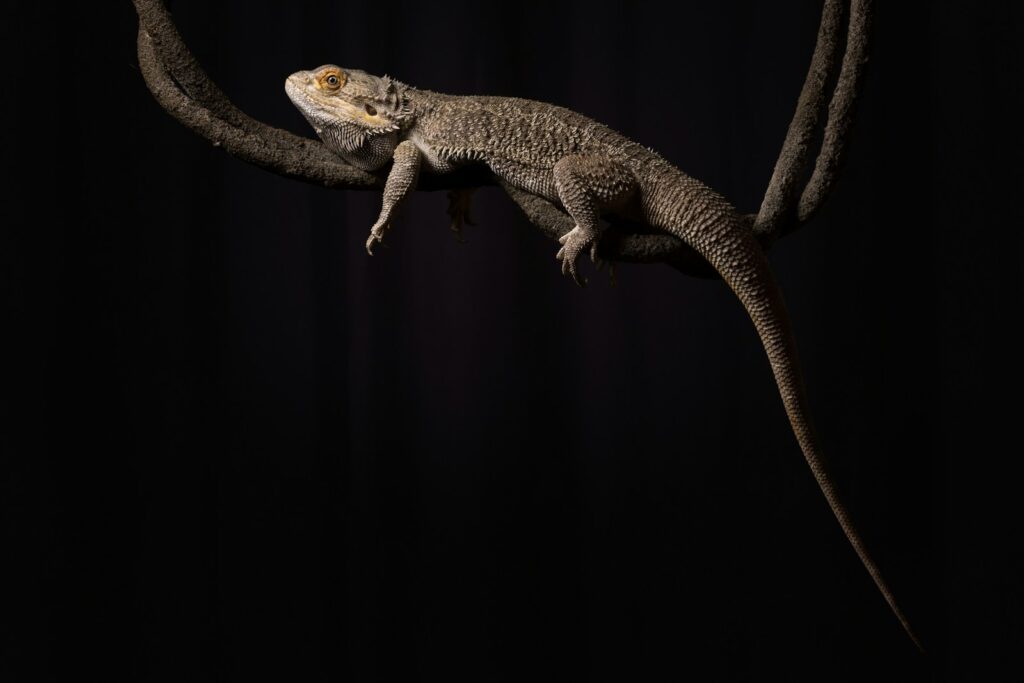
Unlike conventional pet veterinarians who primarily treat cats and dogs, exotic animal veterinarians possess specialized training and experience with a diverse range of species. This specialization typically requires additional education beyond standard veterinary school, often including internships, residencies, or certifications focused on exotic animal medicine. Exotic veterinarians develop expertise in the unique anatomies, physiologies, nutritional requirements, and disease presentations across multiple taxonomic groups, from reptiles and amphibians to birds, small mammals, and sometimes even fish or invertebrates. The breadth of knowledge required is extensive, as an exotic vet might need to understand the cardiology of a ferret, the respiratory system of a chameleon, and the digestive peculiarities of a parrot—all creatures with vastly different biological needs from one another and from conventional pets.
Determining Your Pet’s Specific Veterinary Needs
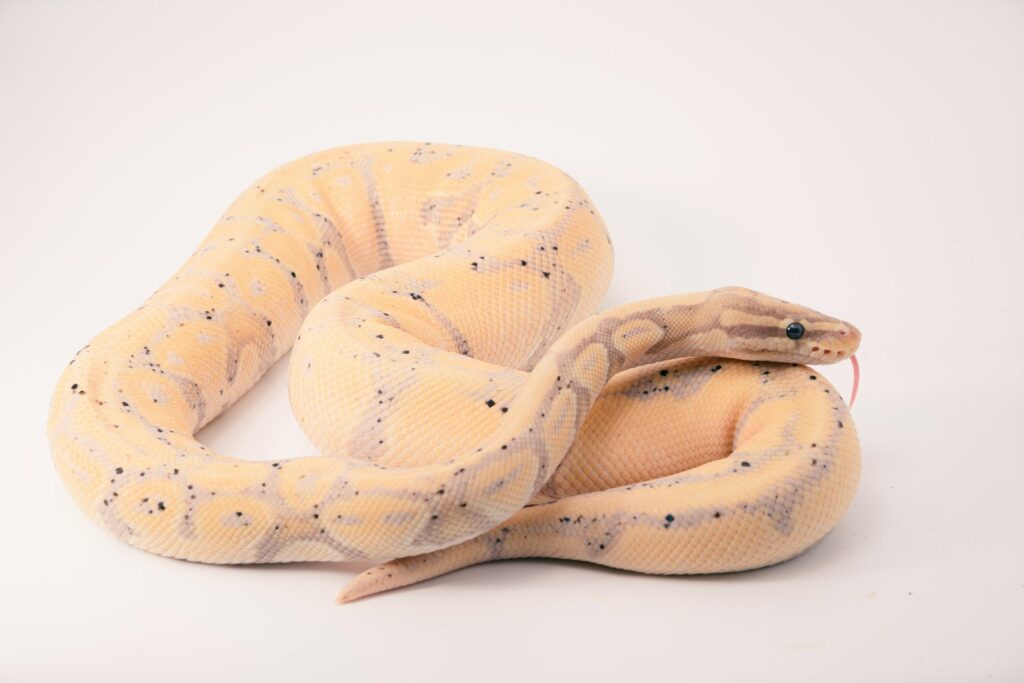
Before beginning your search for a veterinarian, take time to understand the specific healthcare requirements of your particular exotic pet. Different species have dramatically different veterinary needs—a veterinarian excellent with birds might have limited experience with reptiles or amphibians. Research common health issues, preventative care recommendations, and anticipated veterinary interventions for your specific species through reputable exotic pet resources. Consider factors like your pet’s expected lifespan, typical health vulnerabilities, appropriate diagnostic procedures, and any specialized equipment needed for proper examination and treatment. This background knowledge will help you evaluate potential veterinarians more effectively and ensure you find one whose expertise aligns specifically with your pet’s needs rather than just general exotic experience.
Starting Your Search with Professional Credentials
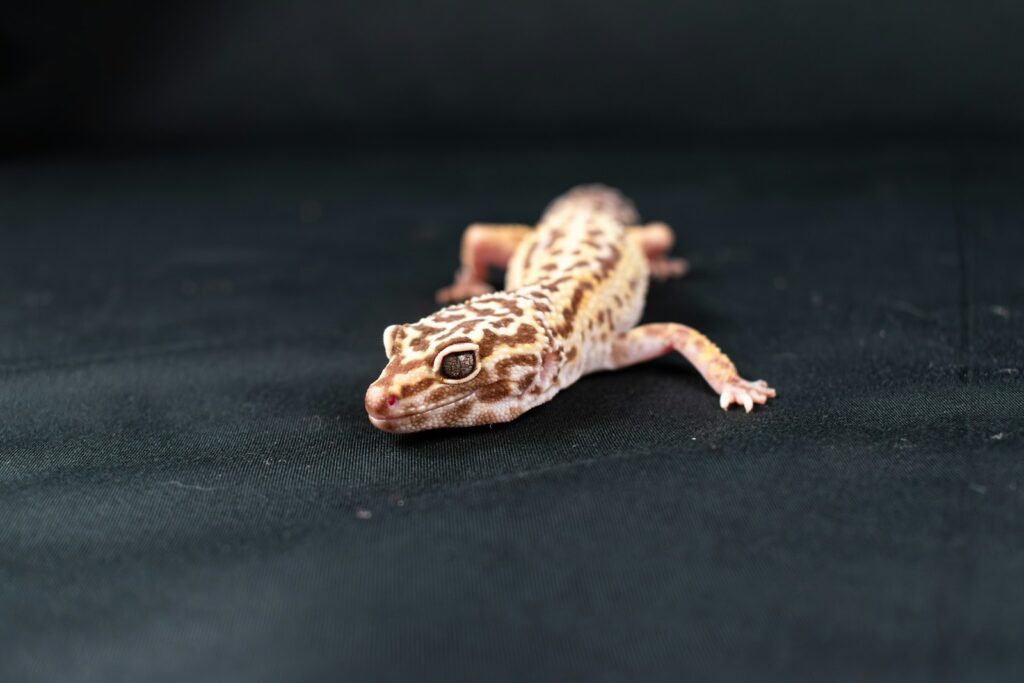
Begin by looking for veterinarians with formal education and credentials specifically related to exotic animal medicine. The American Board of Veterinary Practitioners (ABVP) offers specialized certification in Exotic Companion Mammal Practice, Reptile and Amphibian Practice, and Avian Practice, representing significant advanced training. Membership in professional organizations like the Association of Reptilian and Amphibian Veterinarians (ARAV), Association of Avian Veterinarians (AAV), or Association of Exotic Mammal Veterinarians (AEMV) can also indicate ongoing professional development in these specialties. While not all excellent exotic veterinarians will have board certification, those who do have demonstrated their commitment to maintaining the highest standards of exotic animal care through rigorous testing and continuing education. When evaluating credentials, remember that exotic animal medicine is constantly evolving, so evidence of recent continuing education is particularly valuable.
Evaluating a Veterinarian’s Species-Specific Experience
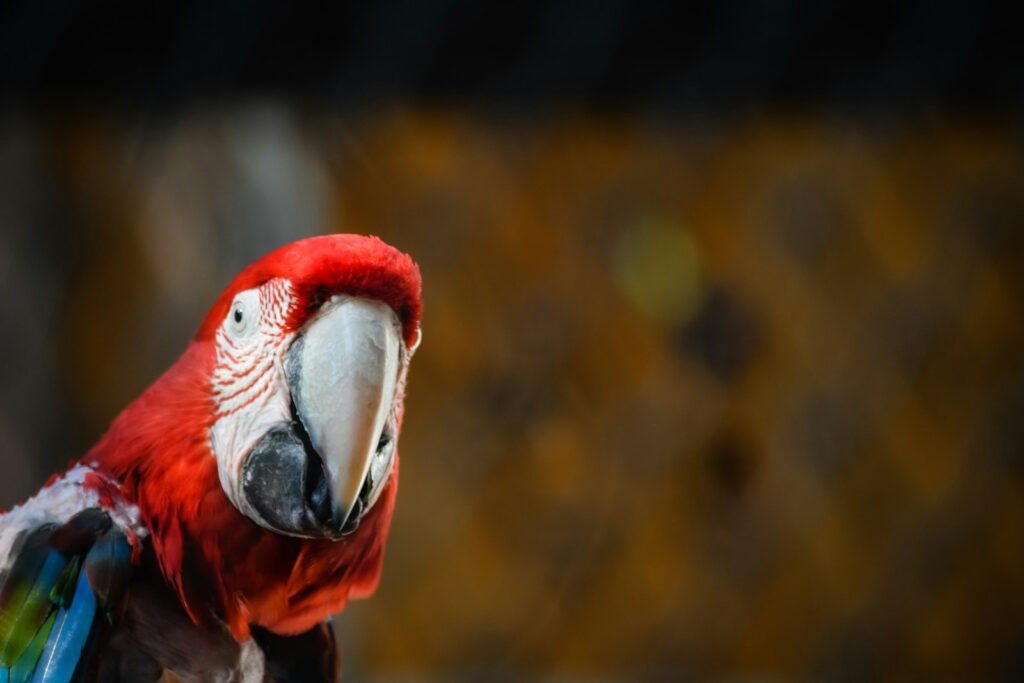
Beyond formal credentials, inquire directly about a veterinarian’s hands-on experience with your specific type of pet. A veterinarian may advertise exotic pet services but have significantly more experience with certain species than others. Ask pointed questions about how many animals like yours they treat regularly, what common conditions they’ve diagnosed and treated in your species, and what surgical procedures they’ve performed on similar animals. Request examples of complex cases they’ve managed for your specific type of pet and how they approached treatment. Experience treating healthy animals for wellness visits is valuable, but you should also confirm they have experience diagnosing and managing illnesses in your species, as many exotic pets mask illness until severely compromised, requiring specialized diagnostic approaches.
Assessing the Veterinary Facility and Equipment
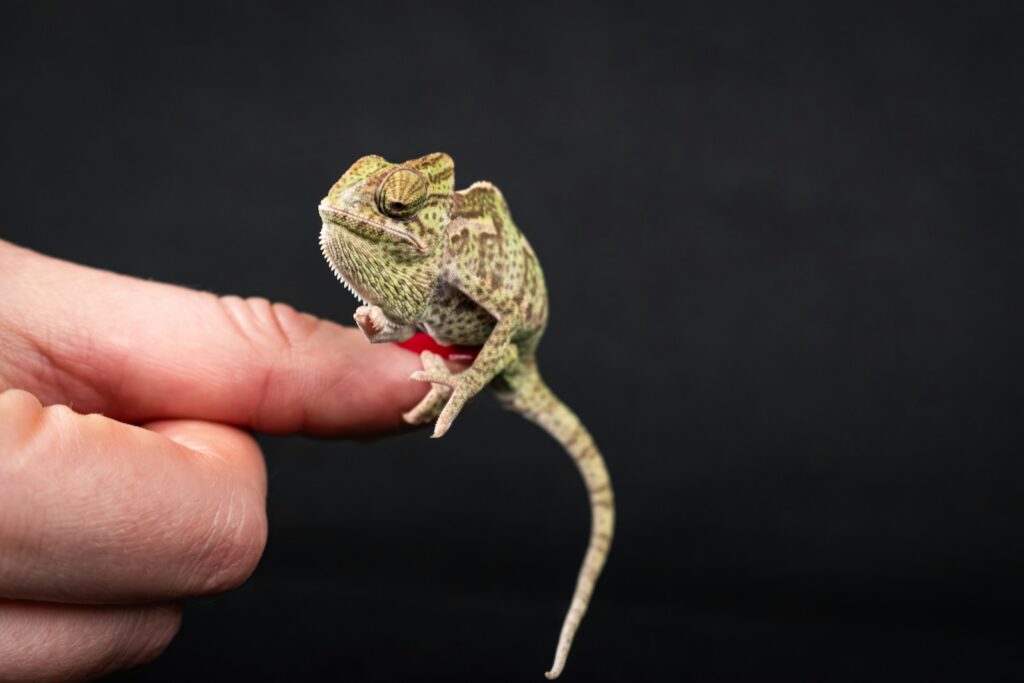
Proper exotic animal care often requires specialized equipment and facilities that differ from those used for cats and dogs. During a preliminary visit, observe whether the practice has appropriate equipment for your pet’s needs, such as specialized scales, proper restraint equipment, and appropriate-sized examination tools. For reptiles, the clinic should have proper heating elements to maintain body temperature during exams, while birds might require oxygen cages and specialized anesthetic equipment. Ask about the availability of critical diagnostic tools like blood analyzers calibrated for exotic species, microscopes for parasite identification, and radiograph or ultrasound equipment suitable for small patients. Additionally, evaluate whether the clinic maintains separate waiting areas to minimize stress for prey species like rabbits or guinea pigs who might become anxious near dogs and cats.
Considering Emergency and After-Hours Care Options

Exotic pets often require emergency care during non-business hours, making it essential to understand your veterinarian’s emergency protocols before an urgent situation arises. Inquire whether the clinic offers after-hours emergency services specifically for exotic pets or if they refer to an emergency facility with exotic pet expertise. Many 24-hour emergency clinics primarily treat dogs and cats, with limited exotic animal capabilities, potentially leaving you without viable options during a crisis. Ask potential veterinarians how they handle off-hours emergencies, whether they provide phone consultations for urgent issues, and if they have a relationship with any emergency facilities that can appropriately treat your species. Having a clear emergency plan in place, including contact information and driving directions to the appropriate facility, can save precious time during a critical situation.
Evaluating Communication Style and Educational Approach
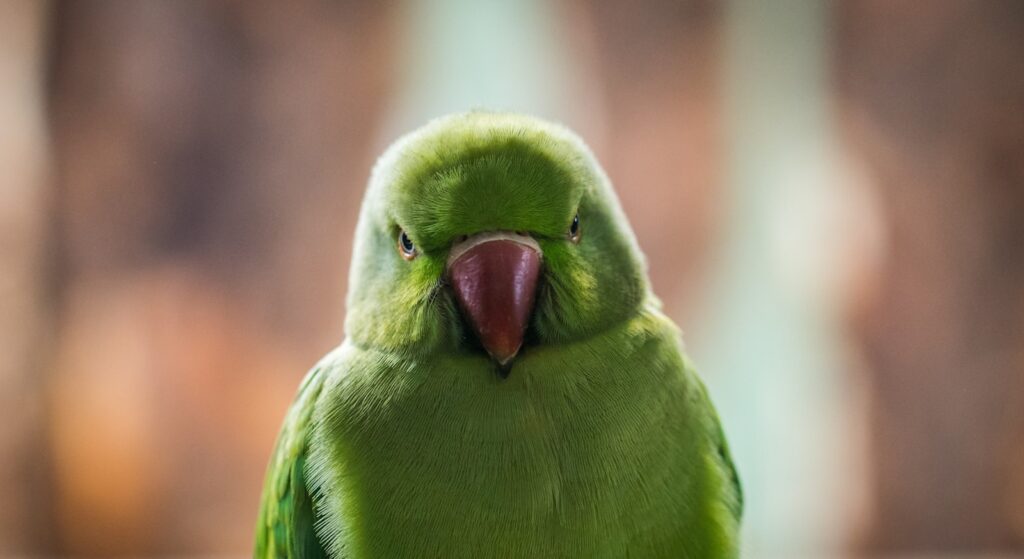
Exotic pet medicine often involves educating owners about complex husbandry requirements that directly impact health, making a veterinarian’s communication style particularly important. During initial consultations, assess whether the veterinarian takes time to explain concepts clearly, provides educational materials specific to your species, and shows patience with questions. The best exotic veterinarians recognize that proper home care prevents many common health issues and will invest time in helping you understand appropriate nutrition, habitat requirements, temperature gradients, humidity levels, and behavioral needs. They should willingly discuss the reasoning behind their recommendations rather than simply issuing directives, and they should acknowledge when a question falls outside their expertise rather than providing uncertain information. This educational partnership becomes especially important for species with specialized care needs that dramatically impact long-term health outcomes.
Investigating Preventative Care Protocols

Preventative medicine forms the cornerstone of exotic pet healthcare, often more critically than for traditional pets due to how quickly many exotic species can deteriorate when ill. Question potential veterinarians about their recommended preventative care schedules for your specific species, including examination frequency, appropriate screening tests, and preventative treatments. A knowledgeable exotic veterinarian should recommend species-appropriate parasite prevention, nutritional assessments, and regular health monitoring based on your pet’s specific vulnerabilities. They should be able to explain which common diseases are preventable through proper husbandry and regular screenings, and they should have protocols for early detection of issues like nutritional deficiencies that are common in captive exotic species. Their preventative recommendations should be evidence-based and specifically tailored to your pet’s species, age, and individual health history rather than generalized across all exotic pets.
Understanding Costs and Payment Options
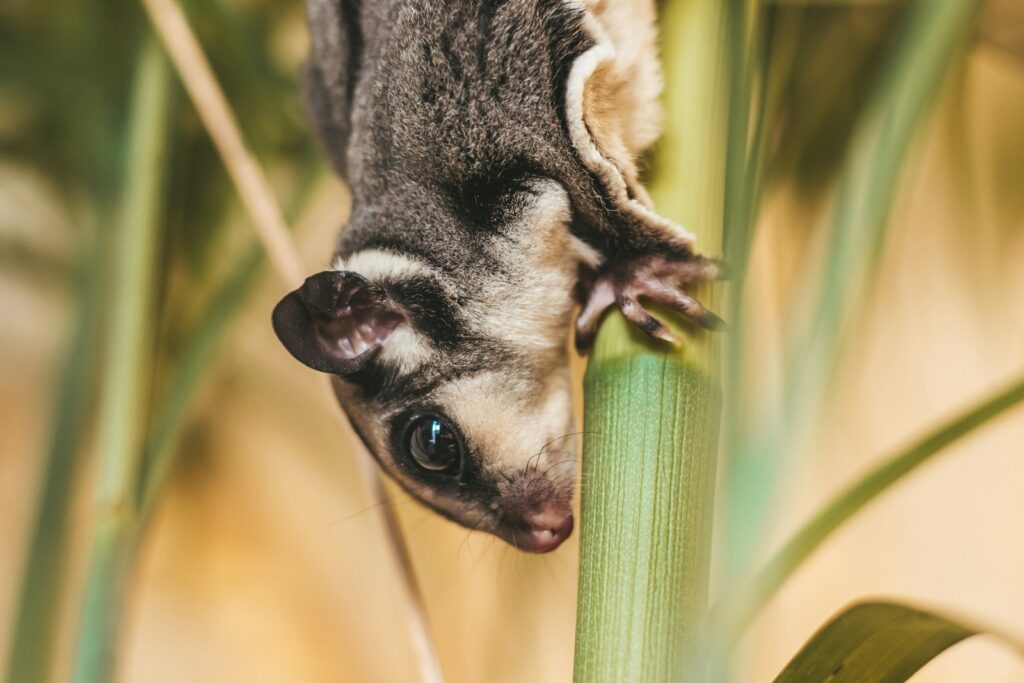
Exotic pet veterinary care typically costs more than comparable services for cats and dogs due to specialized training, equipment, and medications required. During your search, inquire about typical examination fees, diagnostic costs, and treatment expenses for your specific type of pet to avoid future financial surprises. Ask whether the practice accepts pet insurance (though coverage for exotics varies widely between providers) and whether they offer payment plans for unexpected expenses or emergency care. Some practices offer wellness plans specifically designed for exotic pets that bundle preventative services at a discount, potentially reducing long-term costs while encouraging regular care. Transparency about costs demonstrates respect for clients and indicates the practice recognizes the financial commitment involved in responsible exotic pet ownership.
Observing Staff Interactions with Exotic Patients
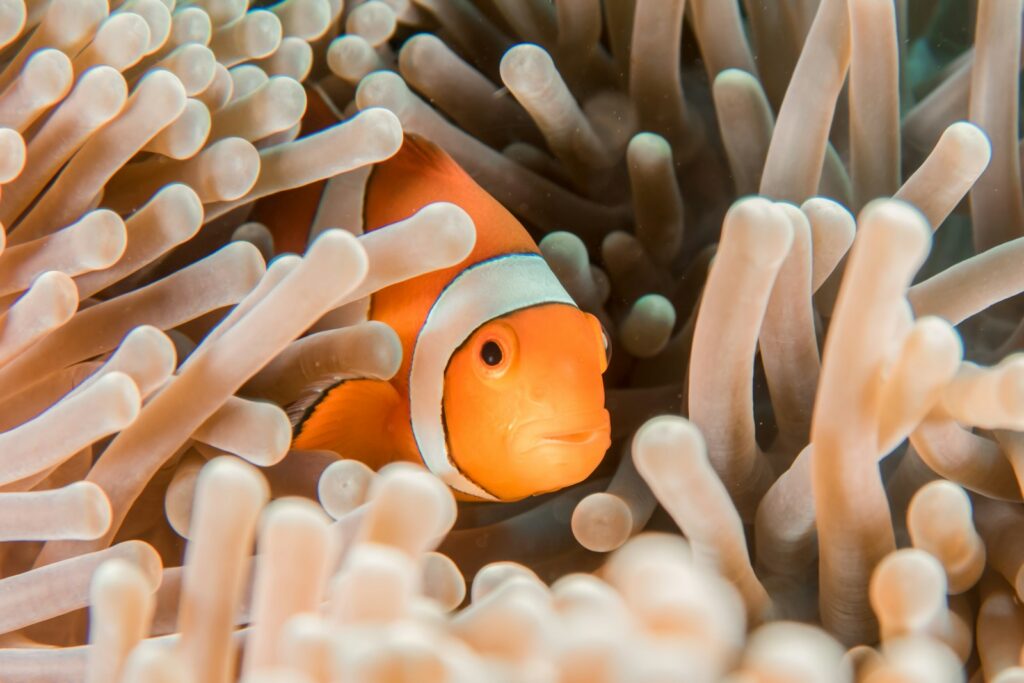
How veterinary staff handle and interact with exotic patients reveals much about their expertise and comfort level with these specialized species. During visits, observe whether technicians and assistants demonstrate species-appropriate handling techniques that minimize stress and prevent injury. Staff should approach exotic patients with confidence but appropriate caution, respecting each species’ unique behavioral needs and stress responses. For example, birds should be handled with awareness of their respiratory vulnerability and prey species should be approached calmly without overhead reaching that triggers fear responses. Attentive staff will notice subtle stress signals that differ dramatically between species, from a chameleon darkening its coloration to a rabbit grinding its teeth. This observational expertise can make the difference between a traumatic veterinary experience and one that maintains your pet’s physical and emotional wellbeing.
Assessing Hospital Cleanliness and Infectious Disease Protocols
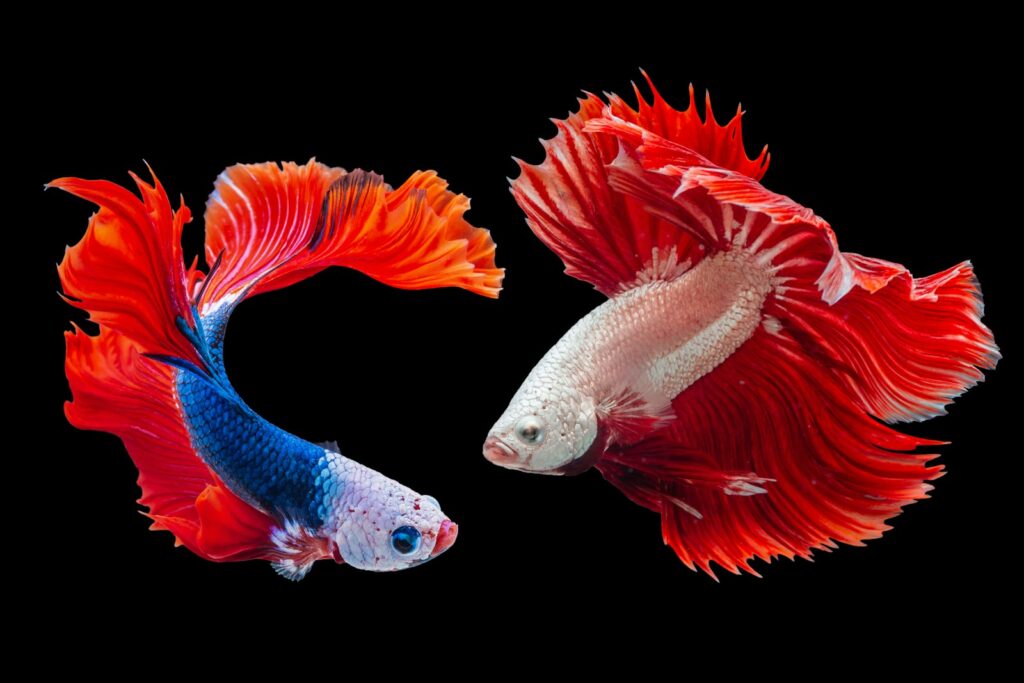
Exotic pets often have specific susceptibilities to pathogens that may not affect other species, making a clinic’s sanitation protocols particularly important. During your facility tour, evaluate the overall cleanliness and organization of examination rooms, treatment areas, and waiting spaces. Ask about cleaning protocols between patients, particularly for reptiles which can carry Salmonella, or for birds which have sensitive respiratory systems vulnerable to airborne contaminants. Inquire specifically about their quarantine procedures for potentially contagious exotic patients and how they prevent cross-contamination between different taxonomic groups. A reputable exotic practice should have established protocols for sanitizing equipment between patients and may designate specific examination rooms for different animal groups to minimize disease transmission risks between disparate species with different microbial vulnerabilities.
Consulting Exotic Pet Community Resources
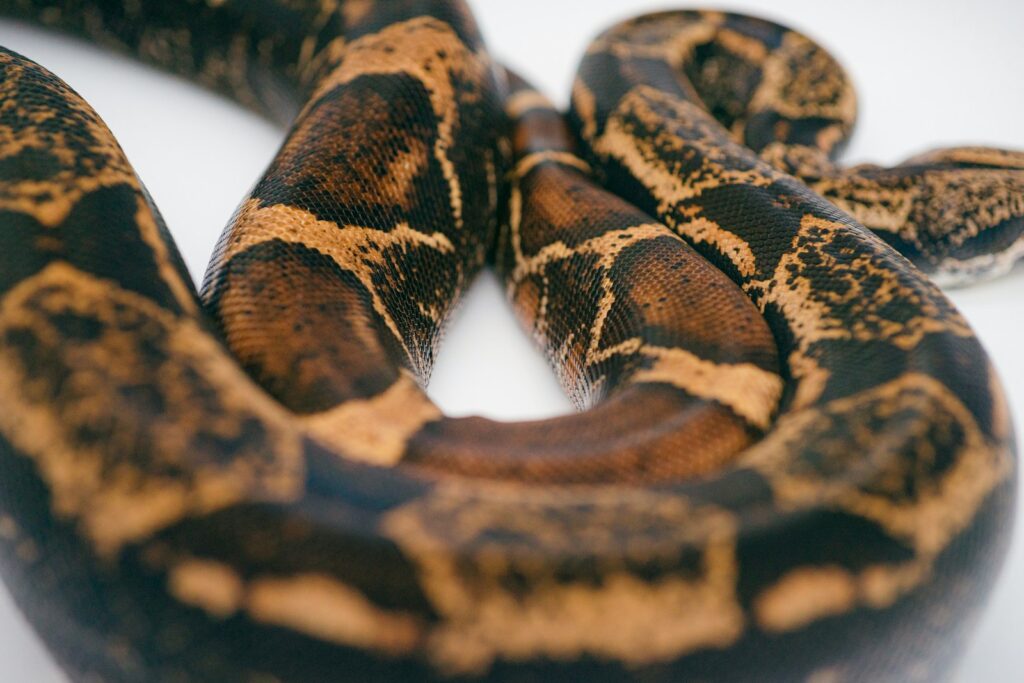
Fellow exotic pet owners can provide invaluable insights about local veterinary options based on their firsthand experiences. Seek recommendations through species-specific forums, social media groups, local exotic pet clubs, breeders, rescues, and specialty pet shops that cater to exotic animals. These community resources often maintain updated lists of recommended veterinarians with specific notations about which species each practitioner handles most competently. Pay particular attention to reports about how veterinarians handled unusual or complex cases, as these situations truly test a practitioner’s exotic medicine capabilities. Remember that even within the exotic pet community, experiences vary, so gather multiple opinions rather than relying on a single recommendation, especially if the recommendation comes from someone whose pet differs significantly from yours in species, age, or health status.
Scheduling a Preliminary Consultation Before Committing

Before establishing your exotic pet with a new veterinarian permanently, consider scheduling a preliminary consultation without your pet present to discuss your specific needs and assess compatibility. Many exotic veterinarians welcome these informational visits as an opportunity to establish expectations and determine whether they can appropriately serve your pet’s specific needs. Use this meeting to ask detailed questions about their approach to your species’ care, their facility capabilities, and their comfort level with potential procedures your pet might need. This preliminary discussion also allows you to evaluate the practice’s responsiveness to scheduling, their communication style, and the overall clinic environment without subjecting your pet to the stress of an unnecessary visit. A veterinarian who welcomes this type of preparatory meeting typically demonstrates confidence in their abilities and commitment to establishing thoughtful, long-term veterinary relationships.
Preparing for Your First Appointment

Once you’ve selected an exotic veterinarian, prepare thoroughly for your first appointment to maximize its value and establish a productive healthcare partnership. Compile a detailed history of your pet including its origin, previous medical issues, diet, housing parameters, and any behavioral changes you’ve observed, as this contextual information is critically important for exotic species whose health is tightly linked to husbandry conditions. Consider bringing photos or videos of your pet’s enclosure, eating habits, and normal behavior to provide additional context that might not be evident during a potentially stressful veterinary visit. Prepare specific questions about preventative care, nutrition, environmental requirements, and any concerning symptoms you’ve observed. If possible, bring any previous veterinary records, including laboratory results and treatment protocols, to provide continuity of care and prevent unnecessary repetition of diagnostic tests.
Conclusion
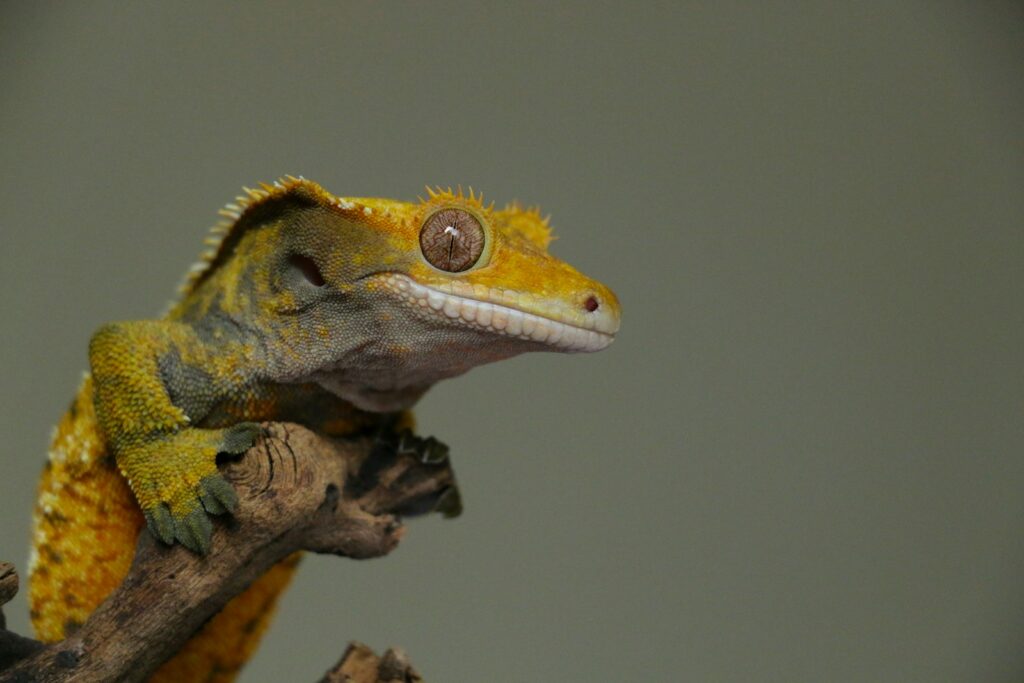
Finding the right exotic pet veterinarian requires diligence and research, but the effort ensures your unique companion receives appropriate, specialized care throughout its life. The ideal veterinary partner combines formal education in exotic medicine with specific experience treating your species, maintains appropriate facilities and equipment, communicates effectively, and demonstrates genuine interest in exotic animal welfare. By thoroughly evaluating credentials, experience, facilities, and approach, you establish a critical healthcare relationship that supports your exotic pet’s wellbeing for years to come. Remember that as an exotic pet owner, you form an essential partnership with your chosen veterinarian, working together to provide appropriate preventative care and prompt intervention when health issues arise. This collaborative relationship becomes one of the most important factors in ensuring your extraordinary pet enjoys a healthy, thriving life under your care.
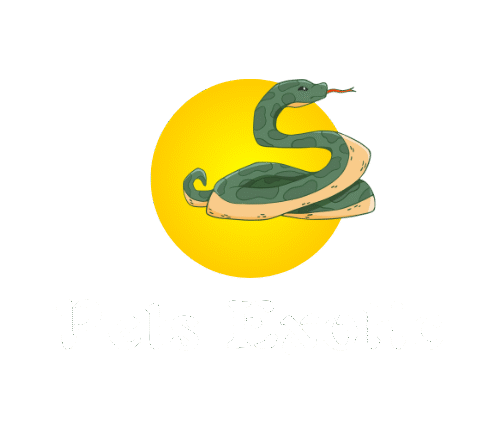
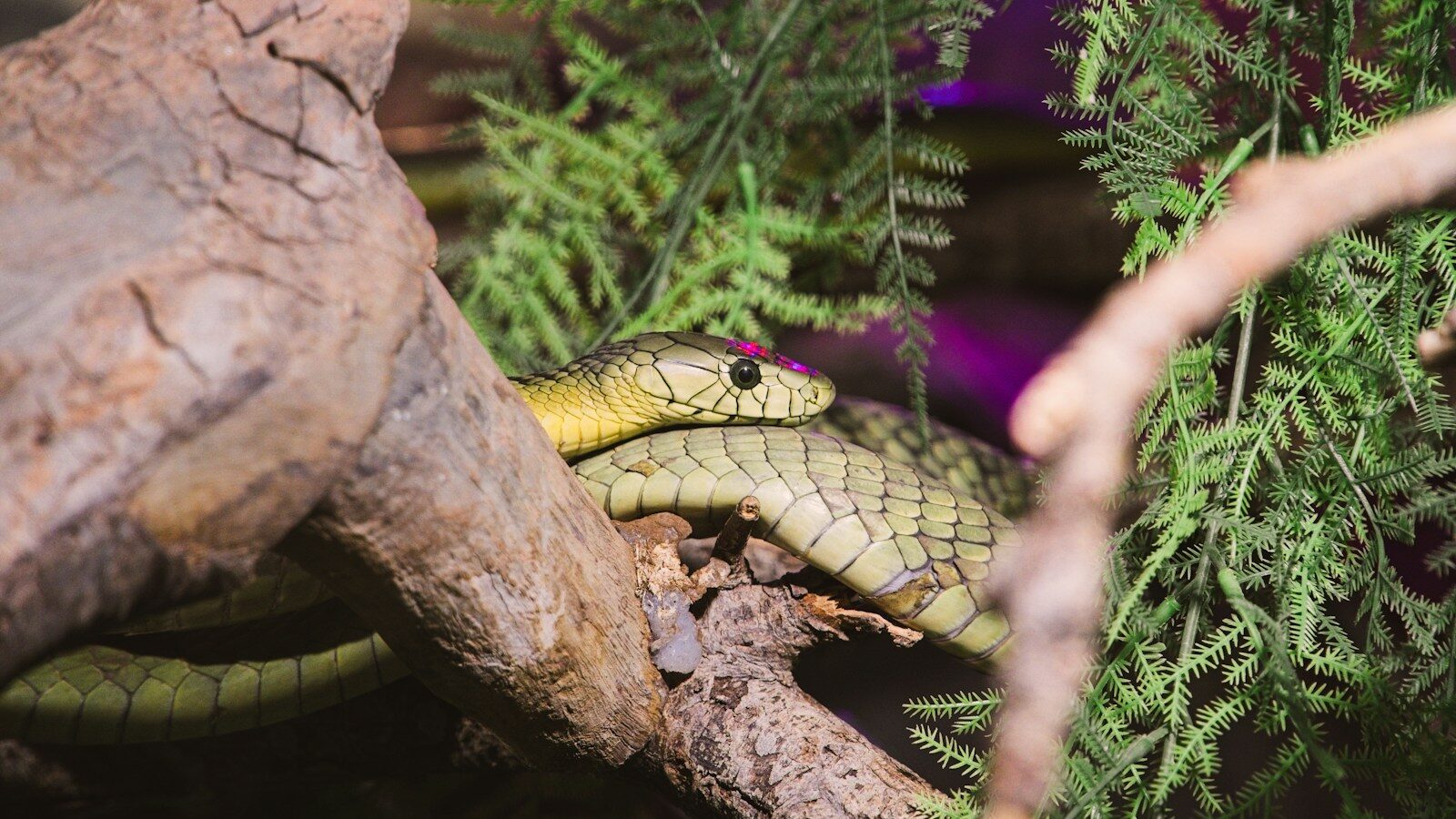
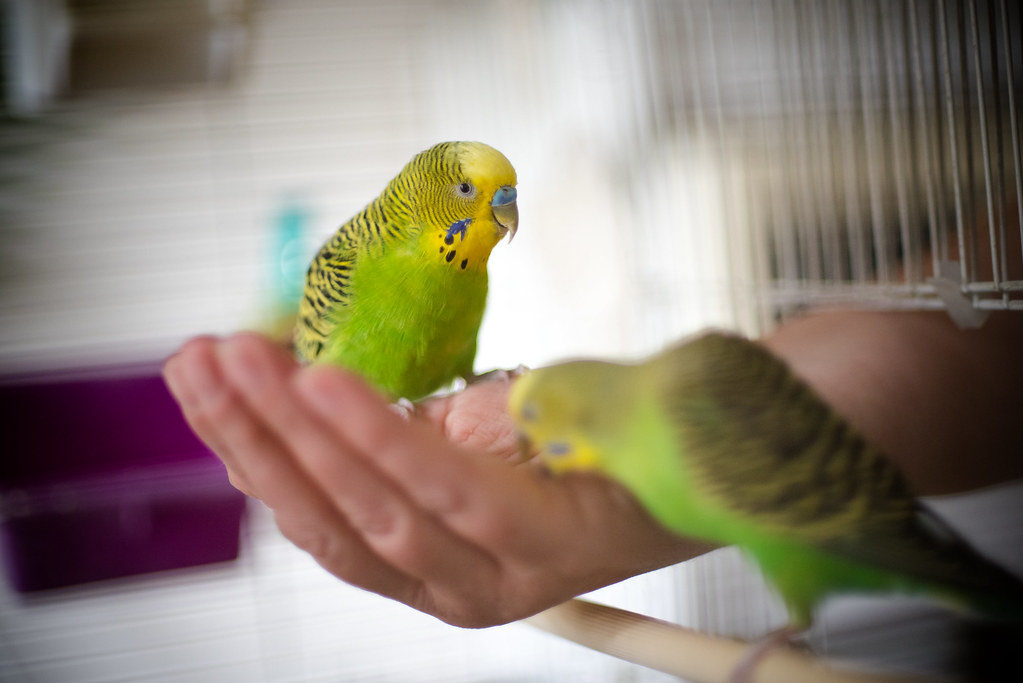
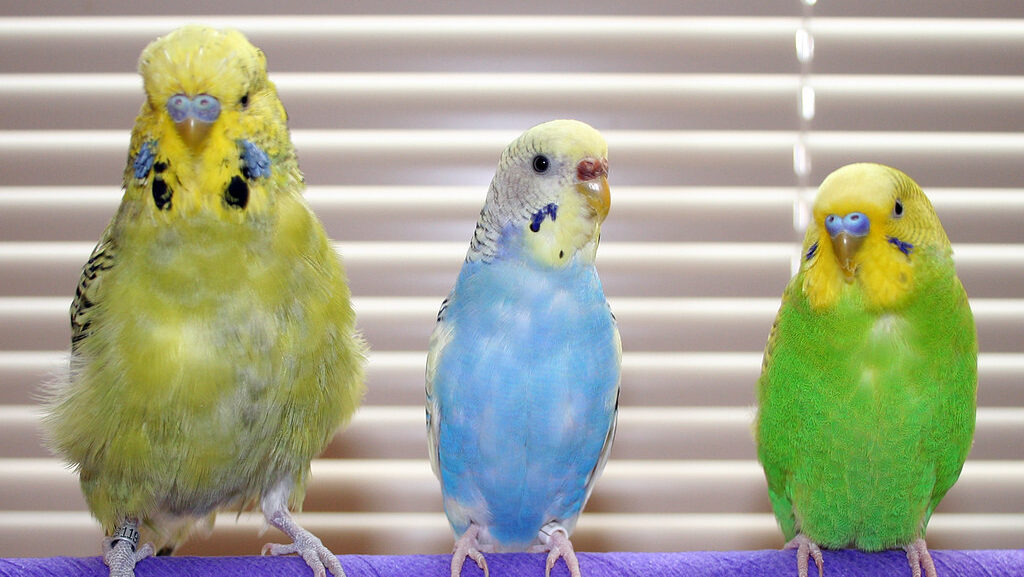
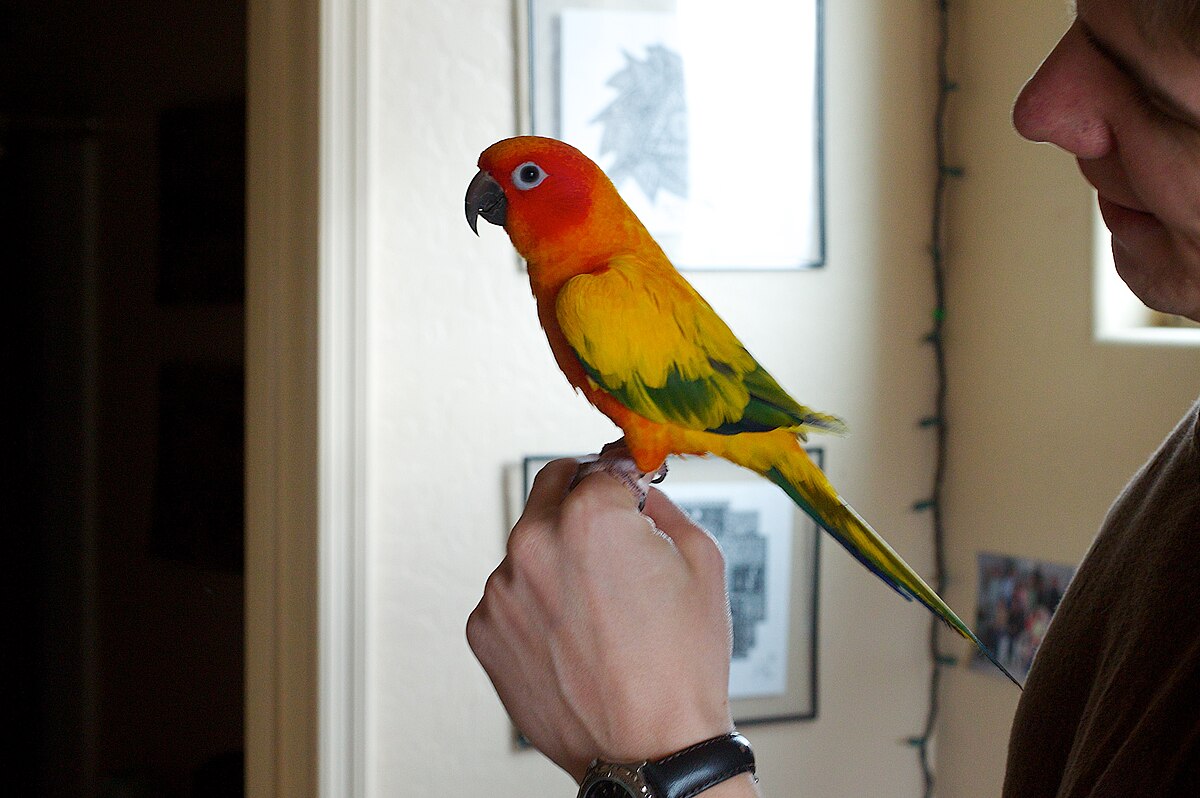
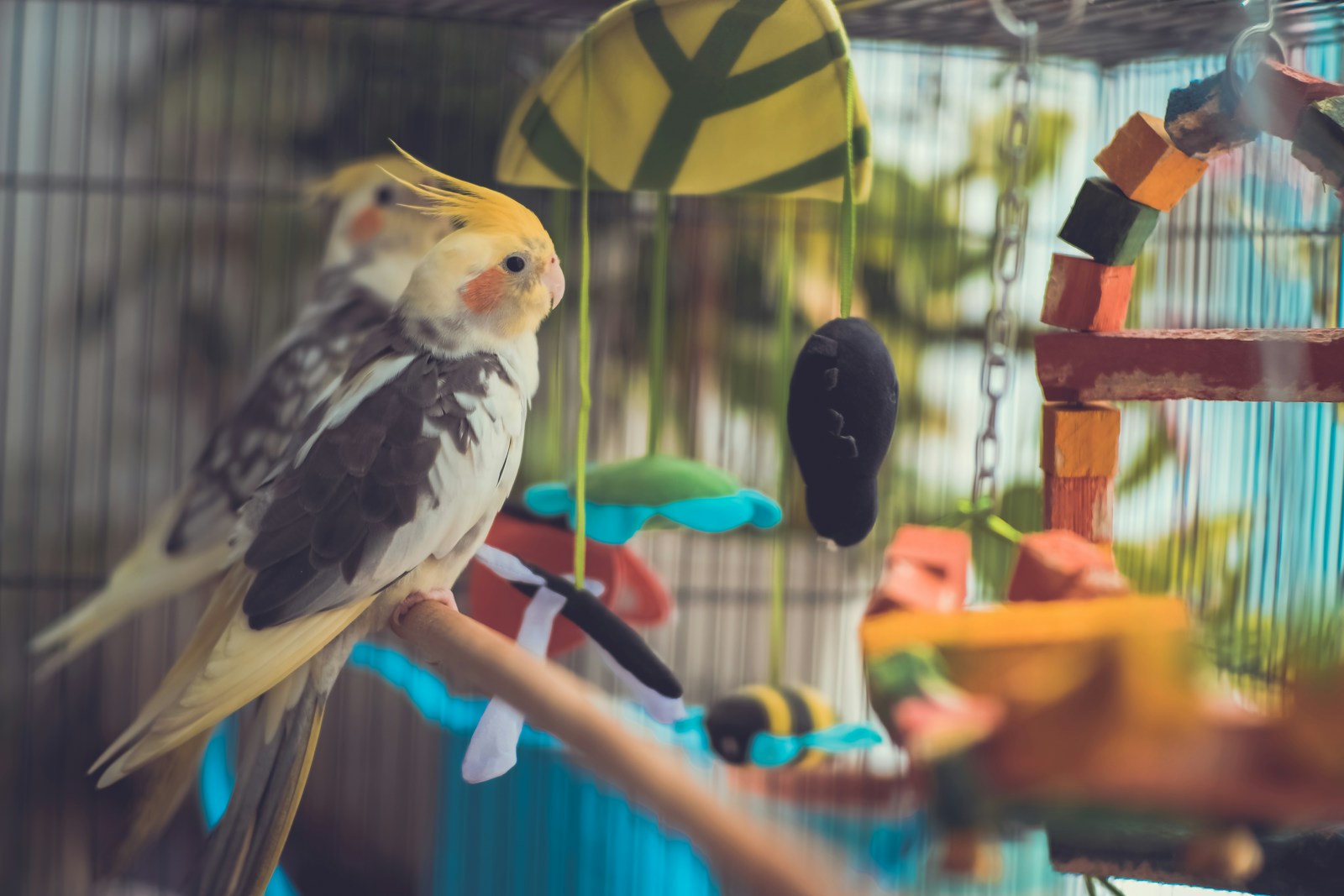
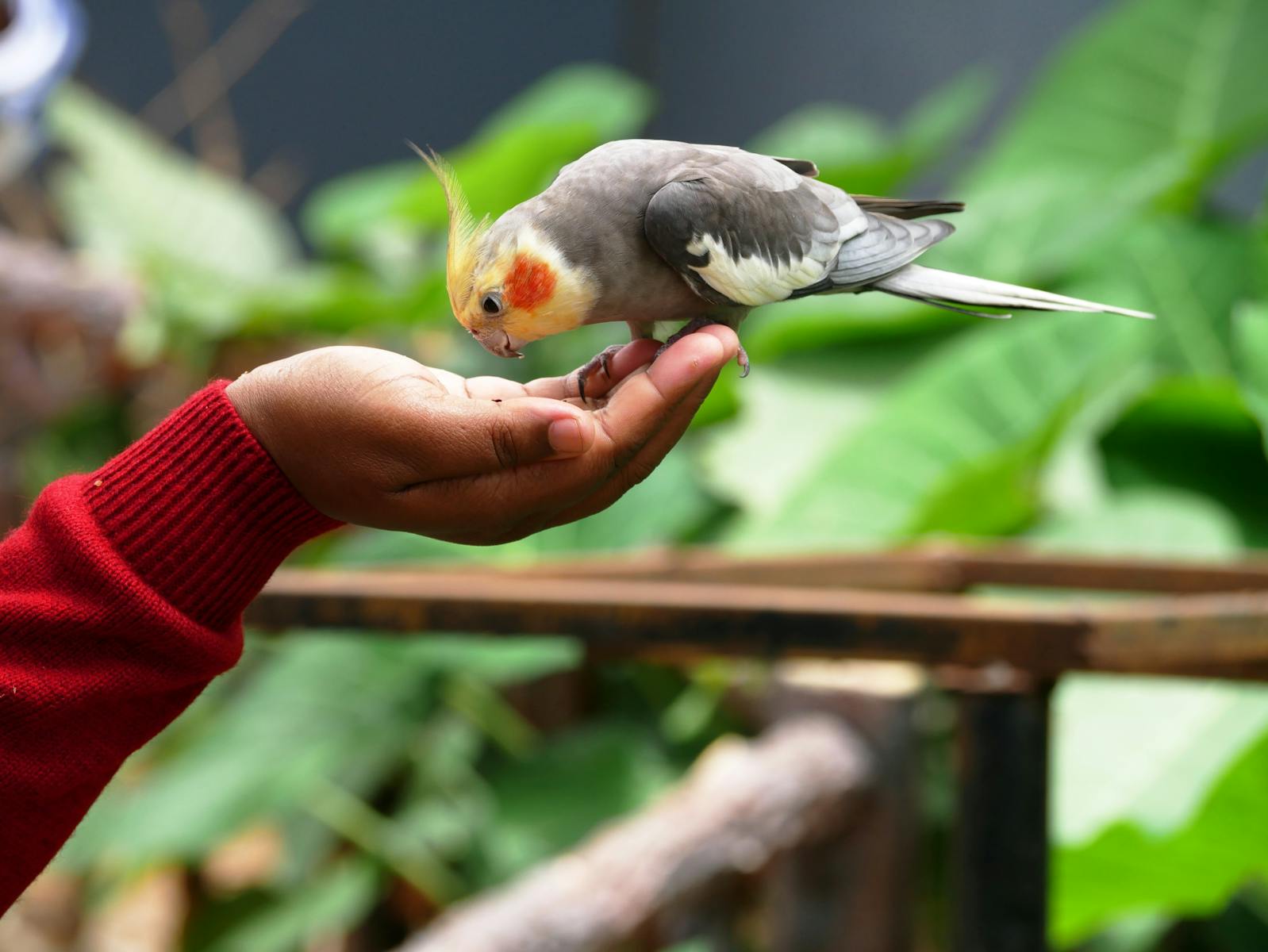


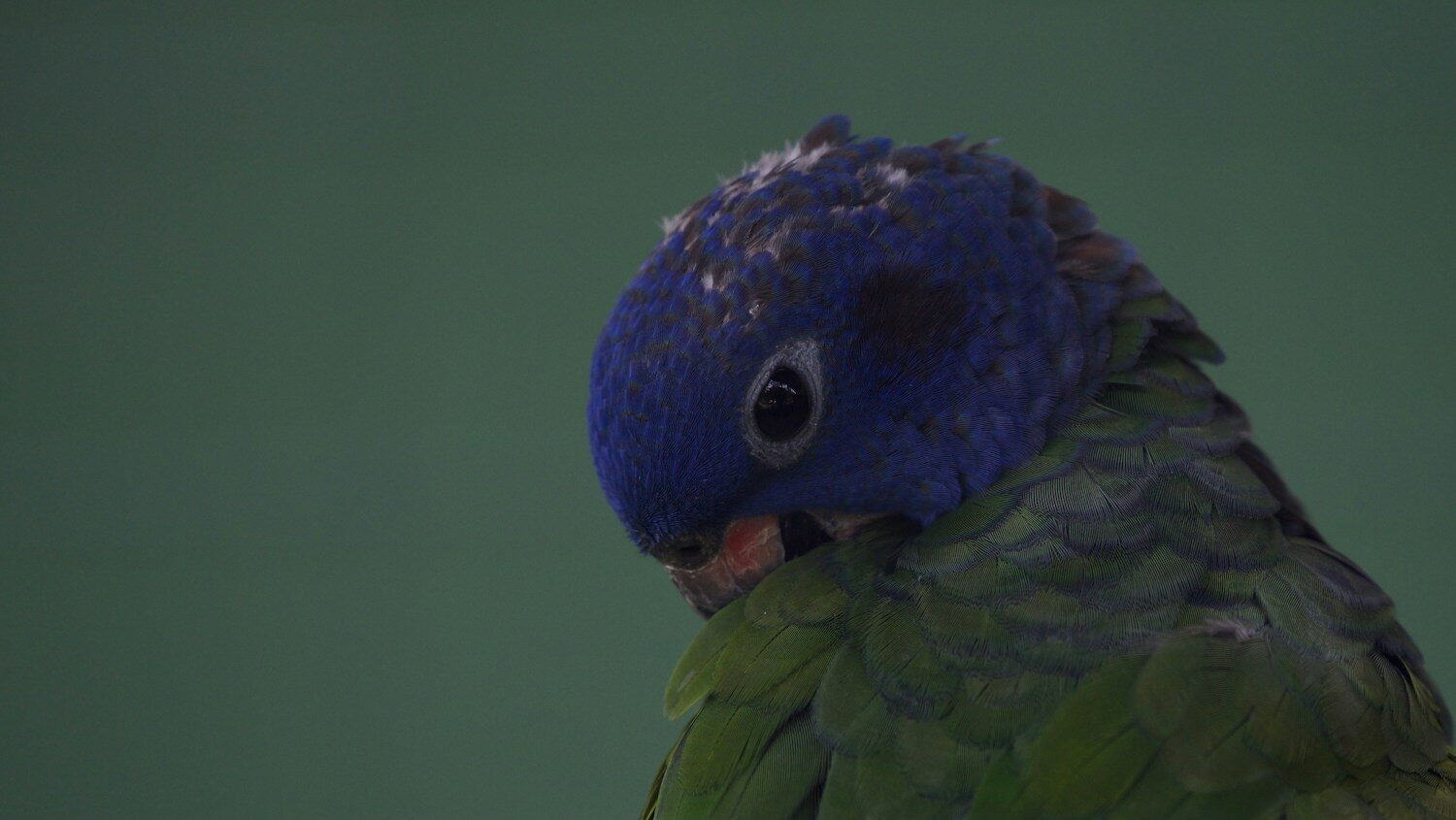
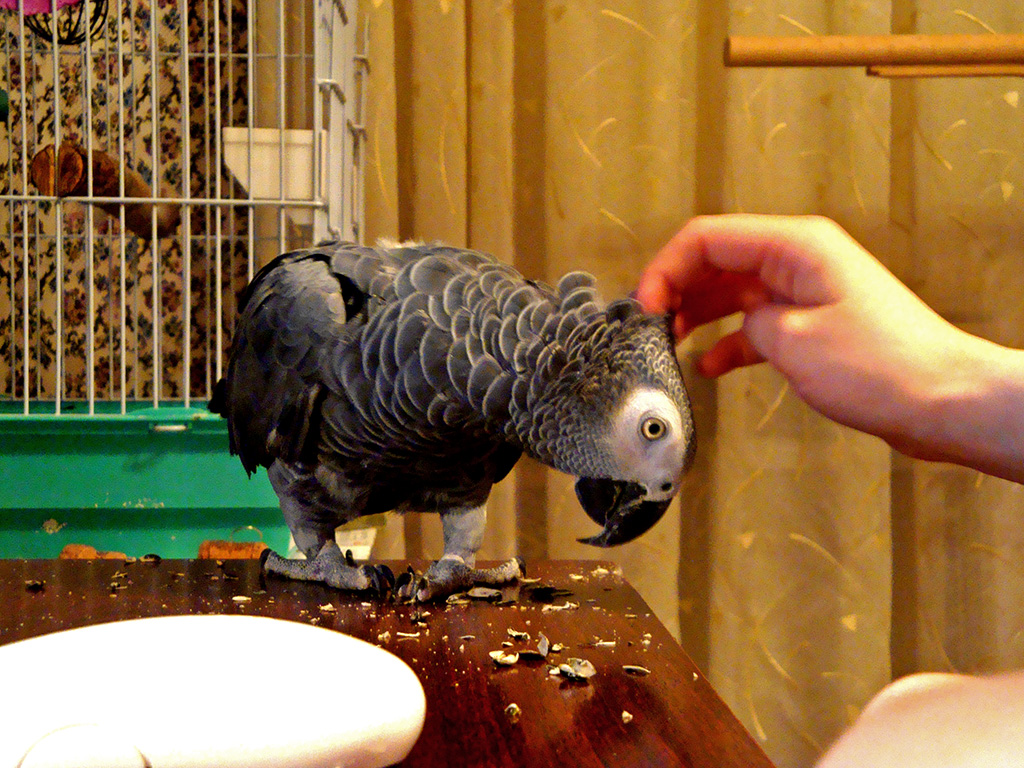
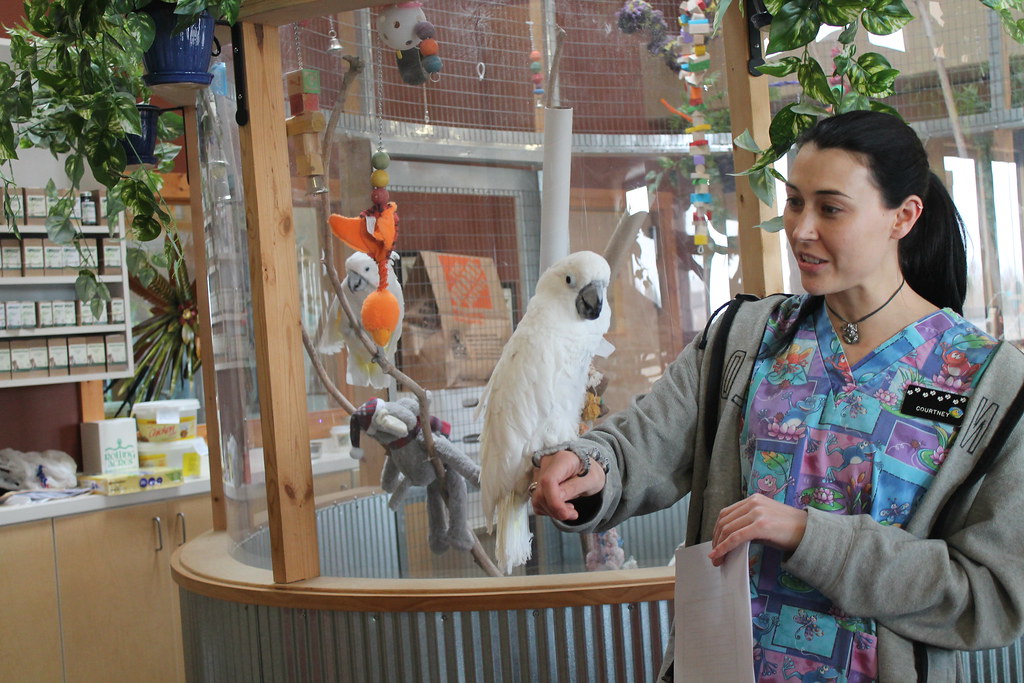
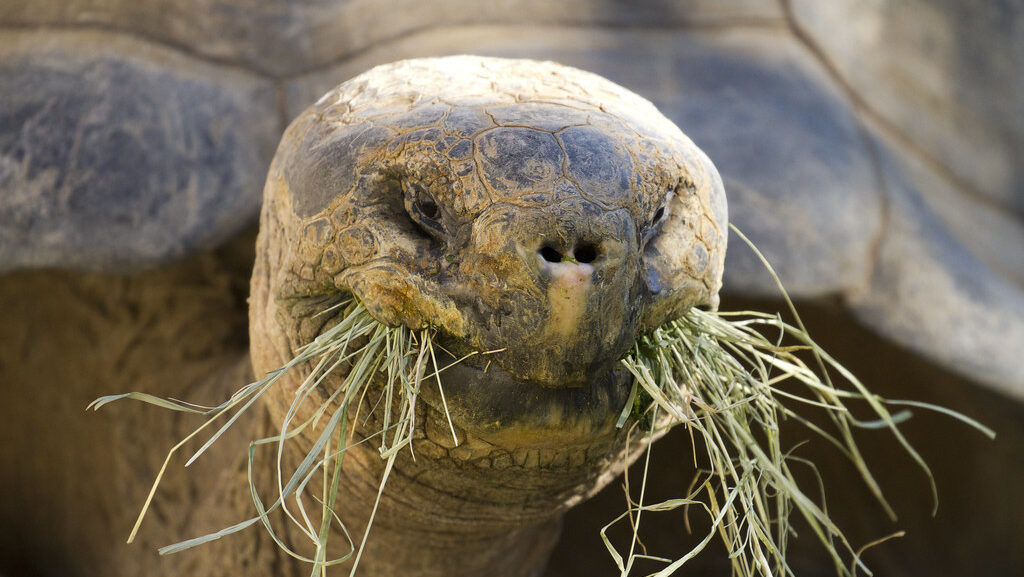
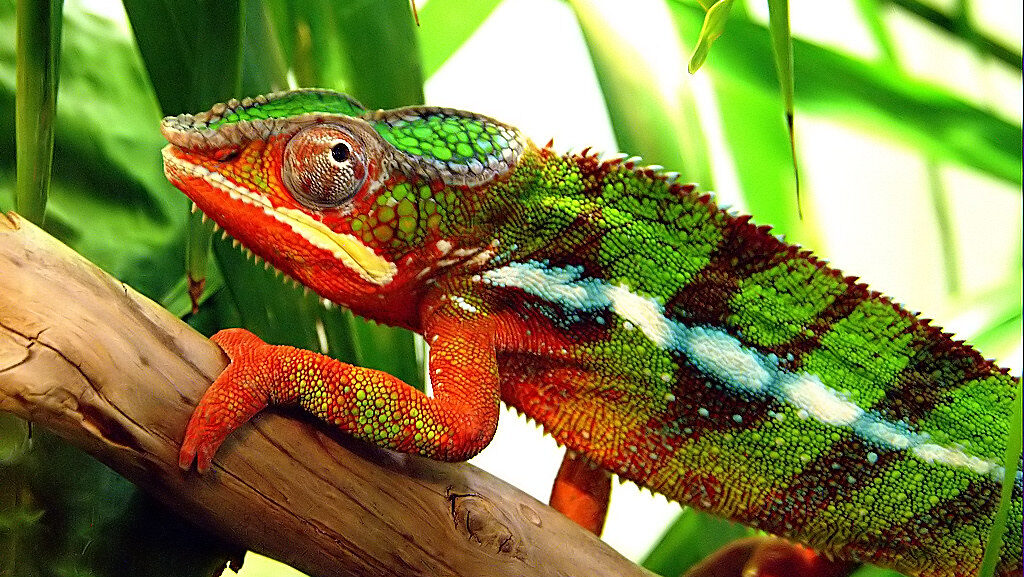
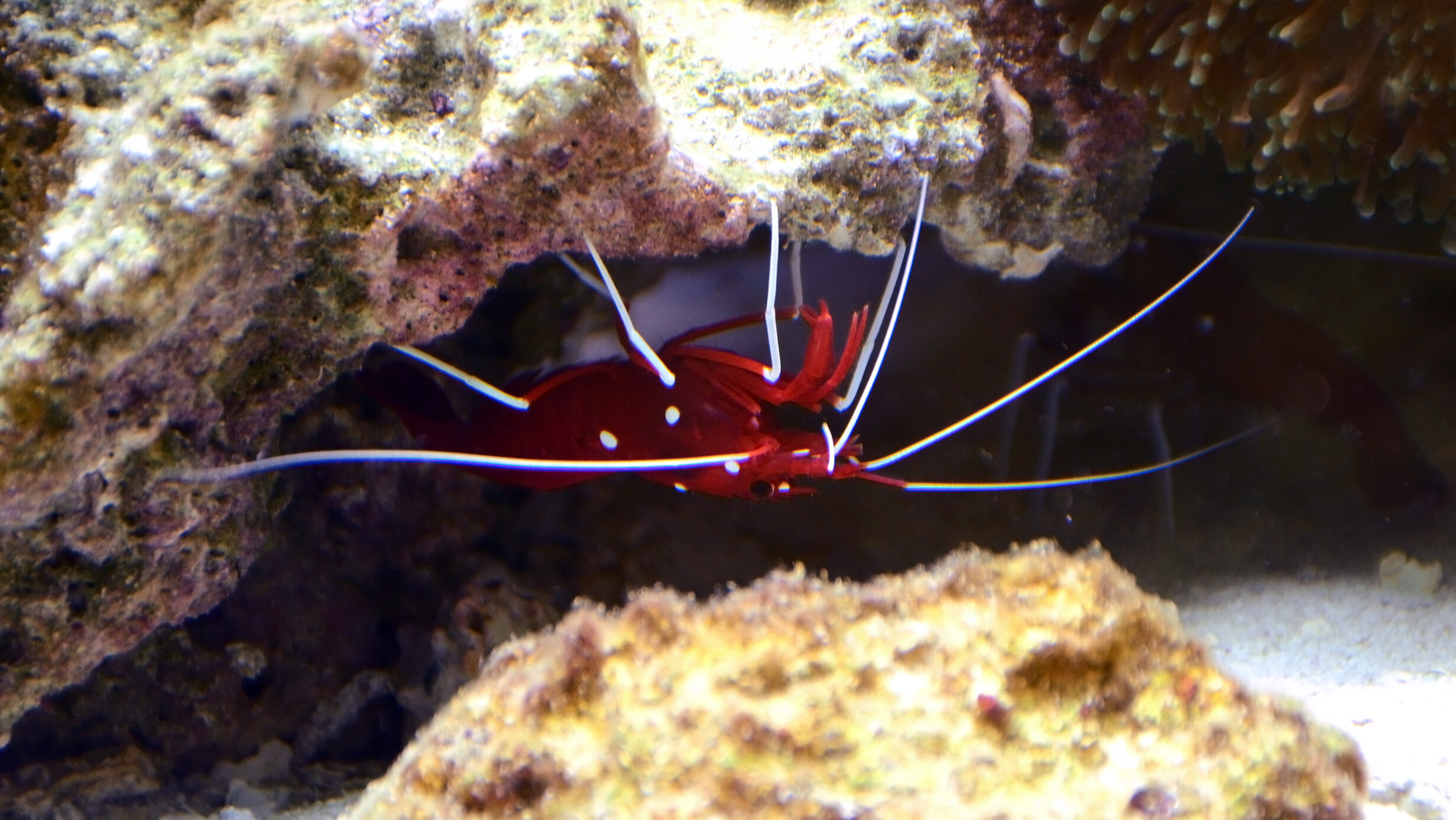

Leave a Reply